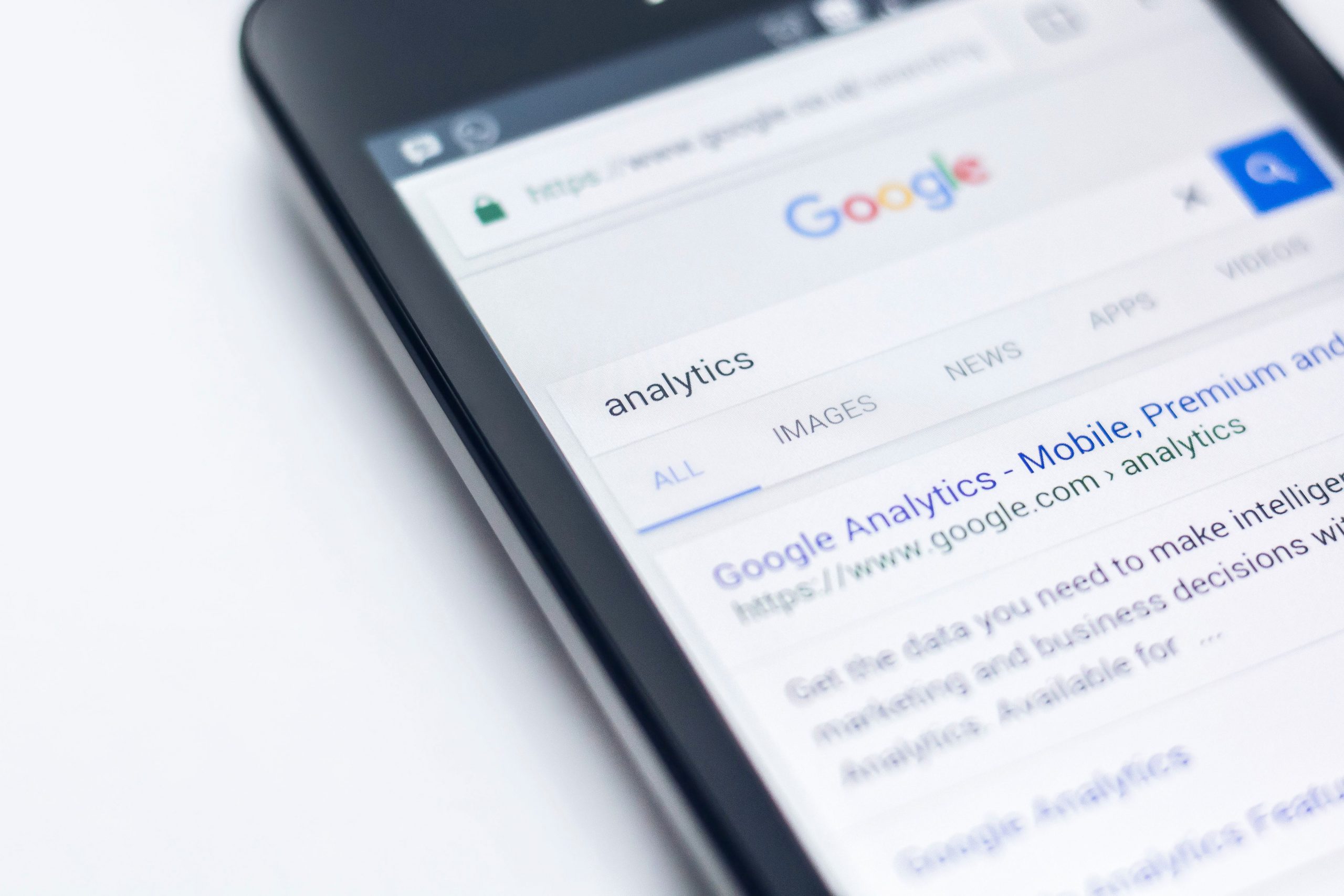In 2020, Google announced plans to remove third-party cookies from Google Chrome forever. While its competitors, Safari and Mozilla Firefox, disabled third-party cookies in 2017 and 2019, Google Chrome is the most widely used browser and likely to have the most impact.
With over 2 billion active installs, the shift to eliminate third-party cookies will create a ripple that will change online advertising worldwide. But before that, it is important to understand how Google uses cookies in general.
How Google Uses Cookies
Google uses five kinds of cookies—functionality, security, analytics, advertising, and personalization. With unique identifiers, cookies can recognize specific devices or apps.
Then, cookies give information to website operators. This information increases your website loading speeds, manages device-related crash reports, and keeps track of passwords. In addition, cookies link searches to your Google account to improve predictive recommendations used to serve ads.
To do this, Google uses a combination of unique and non-unique identifiers in its browser, Google Chrome. Identifiers include installation tracking that detects other browsers on your device and a unique token generated the first time you use Google Chrome.
Google also uses identifiers to field trials that affect users based on IP address, OS, or other features like device IMEI number or Advertising ID.
For years, Google Chrome allowed users a variety of ways to manage their cookies, including deleting existing cookies and controlling cookie preferences for all websites visited. Google Chrome also has a feature called Incognito mode that stores cookies only while the window remains open.
Cookies come at the cost of using so many of Google’s services for free. By using cookies, advertisers can track how effective their ads are by showing how often they were shown and subsequently clicked on. In some ways, cookies help make sure that you don’t get served the same ad all the time and show increasingly relevant ads.
What’s New With the Google Cookie Policy
First-party cookies are used to track information on the website you are currently browsing. On the other hand, third-party cookies send data about your browsing history back to a previously allowed domain, which can be different from the one that you are on.

For years, third-party cookies have become an industry-standard wherein brokers use your data to build a comprehensive user profile based on your online activity that is sold to the highest bidder.
While initially, it may seem like a massive step forward for privacy advocates everywhere, it’s not entirely a straightforward celebration. Here are a few reasons why.
The Shift of Individualized Tracking Infrastructure
With no third-party cookies, targeting ads will be challenging for smaller advertisers. While this will mean that individual customer data will be less accessible to more eyes, it does not mean no one is collecting it.
This shift actually gives Google a monopoly over individualized data through unique identifiers that were previously accessible to advertisers.
Google Chrome Browser Data Aggregation
With the Federated Learning of Cohorts (FLOC), Google will use your web history, first-party cookies, and other information linked to your unique identifier to classify you alongside similar profiles. Google Chrome will determine your likelihood of being interested in things based on other people with similar interests.
Unlike third-party cookies, profile aggregation is completed on the Google Chrome browser natively.
The Inevitability of Algorithmic Biases
While there are several claims that this change to aggregated data will still provide quality leads, only time can tell. For example, while Google has been adamant that it does not use sensitive information to determine ad personalization, even correlation may still reveal biases that may be unethical and not easy to dismantle.
As we have learned with other closed ecosystem advertisers such as Facebook, algorithms can be inherently discriminating in the form of racism and sexism.
When it comes to changing the infrastructure which determines user viability for ads, there is no question that the push towards zero third-party cookies will be efficient. However, it may not be as effective or ethical. In many ways, advertisers will be at the mercy of the Google algorithm.
What Google’s New Cookies Policy Means for Users
So what does all this actually mean for Google users?

Unless you work in advertising, this change will likely not alter your browsing experience very much. In fact, you can still expect targeted advertising to follow you around wherever you are online. However, here are some things that are likely to happen:
Individual Users
Now, business owners can’t expect third-party cookies to do the data collection for them. Businesses will likely be more reliant on other closed ecosystems that collect user data internally. With this, users should expect that ads across social profiles will vary depending on their in-app usage.
Independent Creators
Once third-party cookies on Google are removed, individual creators will collect more data on their own channels like websites or mailing lists. Instead of relying on aggregated data from third-party cookies, first-party data will become key to building its user database.
Publishers
With so many questions raised, ad-dependent publishers should expect a temporary dip in revenue as advertisers adjust to the new infrastructure. Less budget is likely to be funneled into these channels by smaller advertisers until efficiency and effectiveness benchmarking by larger bodies are released.
The Risk of Closed Ecosystem Advertising
With the banning of third-party cookies on Google, many advertisers will find that they have no other choice but to use closed ecosystems such as Facebook, TikTok, and so on. Closed ecosystems allow brands to retain targeted precision while still enabling users to maintain some degree of control over their privacy.
My former employer CollegeHumor did this. In order to beat YouTube, Facebook faked incredible viewership numbers, so CH pivoted to FB. So did Funny or Die, many others. The result: A once-thriving online comedy industry was decimated. A $ 40m fine is laughable; shut Facebook down. https://t.co/iYejU0EGqp
— Adam Conover (@adamconover) October 13, 2019
However, the danger arising from an increase in closed ecosystem advertising is that it is prone to abuse. In 2016, Facebook knowingly inflated video metrics up to 900% for over two years, manipulating and killing millions of profitable businesses in the process.
While only time will tell whether or not Google’s push to eliminate third-party cookies will be beneficial for everyone overall, there is one thing that we are sure of—it’s going to change online advertising as we know it.


